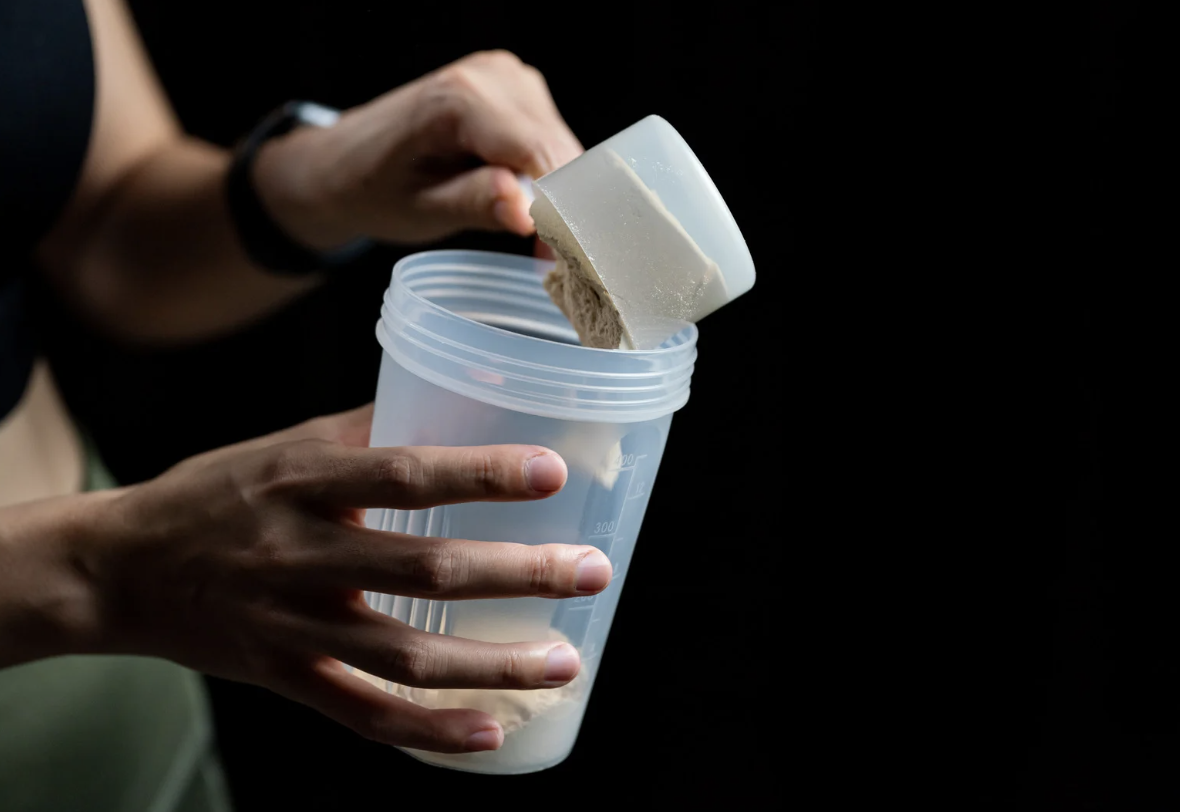
Boosting Your Brain with Creatine
 Written by: Dr. Amy Fletcher
Written by: Dr. Amy Fletcher
Edited by: Thrive Carolinas
At Thrive, one of the most common questions we hear is: “What supplements should I take to support both brain and body health?” While nothing replaces the foundations of wellness, nutritious food, exercise, sleep, and stress management, research is shining a spotlight on creatine as a powerful addition to your routine.
Once known mainly as a performance booster for athletes in the 1980s, creatine is now being recognized for its potential to enhance cognitive function, mental clarity, and long-term brain health.
What Is Creatine?
Creatine is a naturally occurring compound that helps your cells make and recycle ATP the body’s main energy source. In the brain, this is especially important when demands on focus, memory, or problem-solving run high.
Beyond energy production, creatine has been linked to:
- Supporting mitochondrial health
- Reducing inflammation
- Promoting neuroplasticity (the brain’s ability to adapt and form new connections)
Top Brain Benefits of Creatine
1. Memory, Focus & Processing Speed
A 2024 meta-analysis of 16 clinical trials found that creatine supplementation improved memory, attention, and processing speed, likely by boosting brain energy reserves and reducing oxidative stress.
2. Protection Against Sleep Deprivation
If you’re short on rest, creatine may help. Research shows it can offset the metabolic effects of sleep loss, helping maintain cognitive performance and mental sharpness.
3. Potential Role in Alzheimer’s Disease
A 2025 pilot trial in Alzheimer’s patients found that 20g/day of creatine for eight weeks increased brain creatine by 11% and led to moderate improvements in reasoning, executive function, and overall cognition. While early, these findings point to exciting possibilities for future treatments.
4. Neuroprotective & Anti-Inflammatory Effects
Creatine has been shown to support mitochondrial function, reduce neuroinflammation, and promote long-term resilience against cognitive decline.
5. Mood & Mental Health
Emerging studies suggest creatine may play a role in mood regulation. One report found that adding creatine to cognitive behavioral therapy improved outcomes for depression, possibly by enhancing cerebral energy metabolism.
How to Supplement with Creatine
- Forms: Most people use creatine monohydrate powder, which mixes easily into water or smoothies.
- Dosage:
- Loading phase (optional): 20g/day, divided into 4 doses, for 5–7 days.
- Maintenance phase: 3–5g/day to sustain levels.
- Hydration: Drink plenty of water to minimize potential side effects.
Skipping the loading phase and starting directly with maintenance dosing is perfectly effective for most people.
Safety & Side Effects
Creatine is one of the most well-researched supplements and is generally safe for long-term use in healthy individuals. Mild side effects, such as bloating or stomach cramps, may occur—most often during the loading phase. Muscle cramps are rare and more often linked to dehydration or electrolyte imbalances.
Always consult your healthcare provider before starting if you have underlying health conditions.
There’s no single supplement that guarantees brain health or longevity. But creatine stands out as a safe, well-studied option that supports both mental performance and physical strength.
Pairing creatine with a protein-rich diet, strength training, quality sleep, and strong social connections offers one of the best strategies for aging well and performing at your peak.



